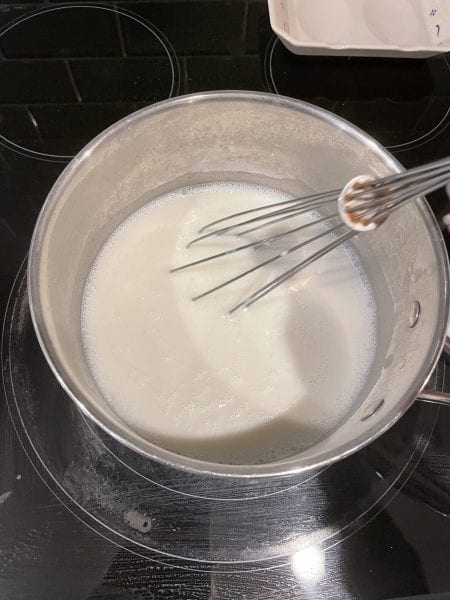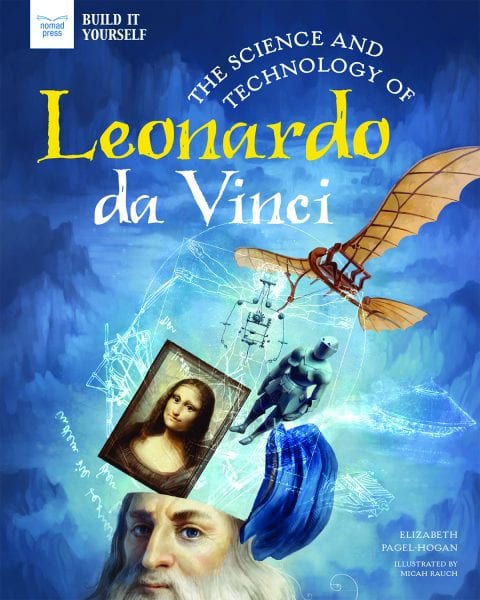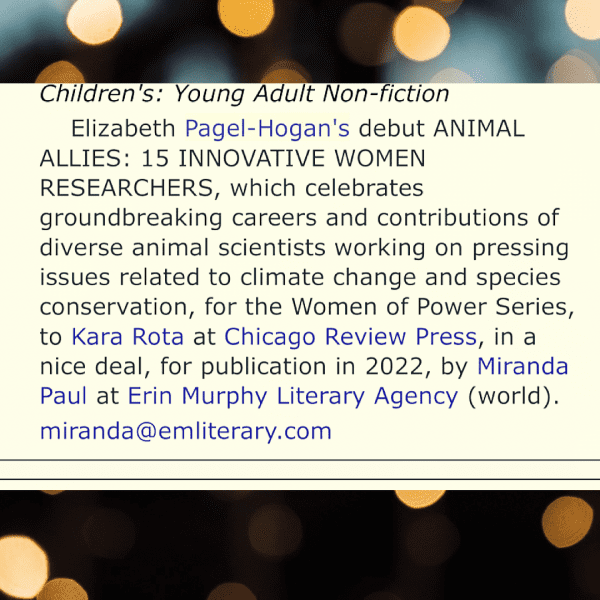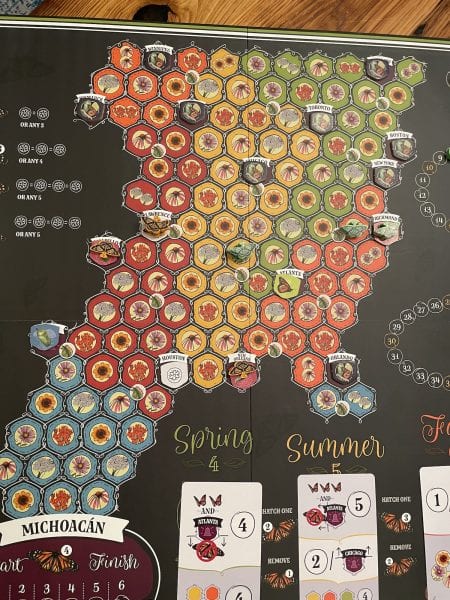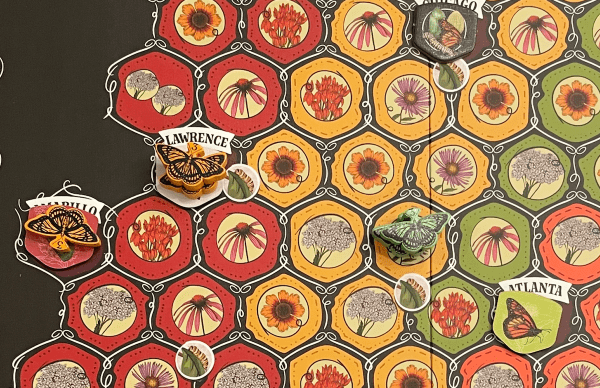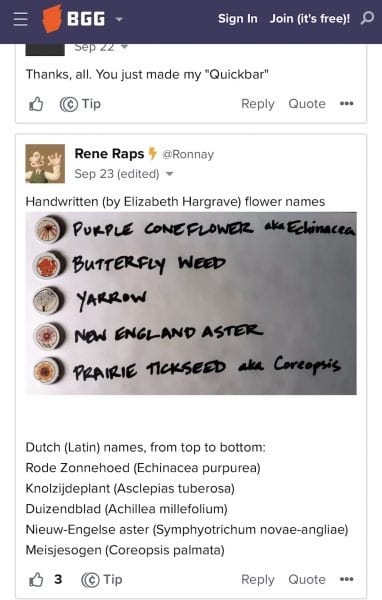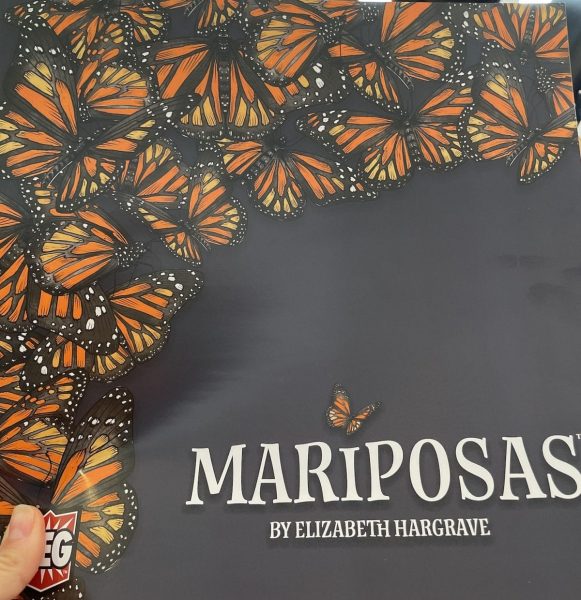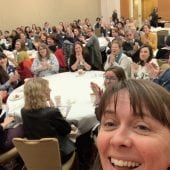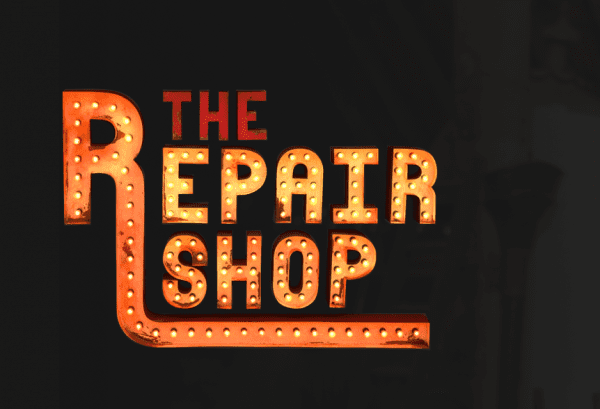I’ve baked lots of things that taste better than they look. But about a week ago I baked something that looked better than it tasted.
It was my first meringue pie, and it did look very nice. I was so proud.
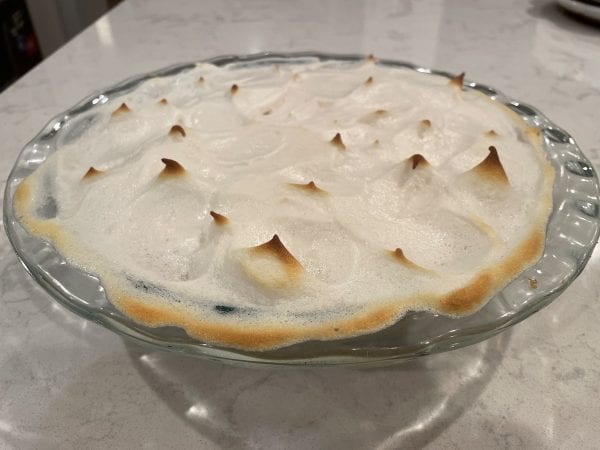
But it wasn’t quite as sweet or spiced as I hoped. It was a tad too bland, I think. And the cream was overwhelming.
I feel deflated.
I didn’t have any trouble with the mechanics of baking the pie (for once!). It was honestly pretty easy to make the crust, the cream filling, and the meringue. Nothing burned, turned, or curdled.
But when they were all combined, the result was just…blah.
Sometimes we write stories like that. The mechanics are there. There aren’t any grammatical errors. There are characters, some kind of an arc, and an ending.
But without that salivating something that adds the irresistible flavor, the something that sends you out of bed for just one more slice… it’s disappointing.
That’s OK.
Not everything we bake or write will be perfect.
But each time we practice, we learn to master the basic elements so we can focus our creative energy on adding more flavor. Something unique that will set it apart. That perfect combination of sweetness and spice that makes each bite unforgettable and each page utterly turnable.
So I’ll try again. I’ll add more spice. Maybe a tad more sugar. Something unique – maybe something not even in the recipe that I love! Something to make it stand out. And I’ll add that into my story, too.
(I’m enjoying learning about making pies from Kate McDermott’s books Pie Camp and the Art of the Pie. They are a fun read even if you don’t want to make pie with useful life lessons, too!)
P.S. – if you’re stuck on a story, I highly recommend trying to make cream on the stove top. Cream requires constant stirring so I find myself forced into meditative thinking. It’s mesmerizing and helped me imagine a new start to an old story.
